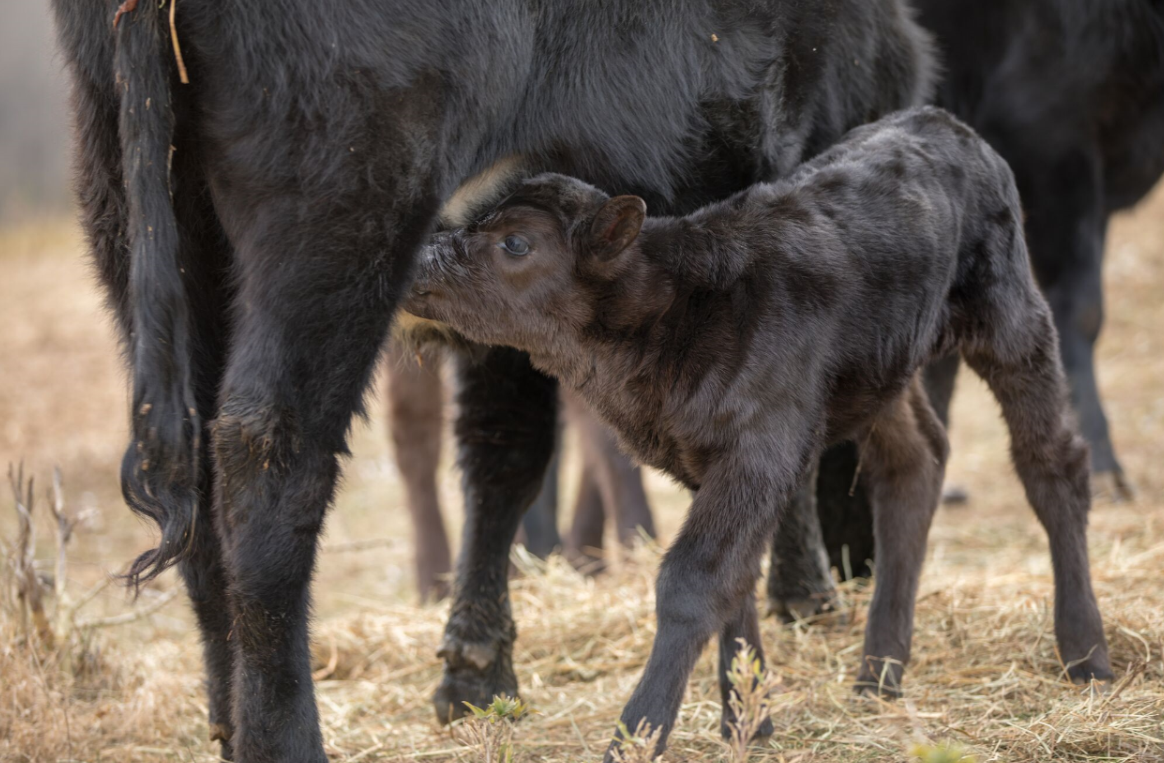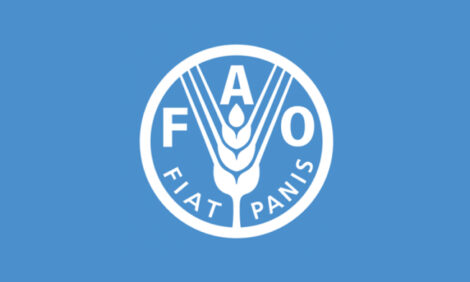



NFF Australia calls for dedicated agriculture visa to address labour shortages
The National Farmers Federation (NFF) is urging the Australian government to create a dedicated agriculture visa to help the sector achieve its potential.The Australian agriculture sector is an economic powerhouse with huge potential for expansion, but the rate at which the sector is able to grow and prosper depends largely on its ability to overcome serious labour shortages.
To provide a stable and sustainable workforce for agriculture that is fair and equitable for both workers and employers, the NFF supports the introduction of a Dedicated Agriculture Visa program. This would replace or significantly modify the role played by the Seasonal Worker Program (SWP), Pacific Labour Scheme (PLS) and the Working Holidaymaker (WHM) Program in providing a consistent stream of workers for agriculture – particularly in remote and regional areas.
The NFF and its members, including the NFF’s Horticulture Council, continues to call for a comprehensive solution to the labour crisis on Australian farms – that is, a visa program which is:
- Purpose built
- Responsive to the needs of industry
- Grants farmers access to existing labour pools
- Minimises the administrative and financial burden
- Allows people who want to work on farms to come to Australia to work as and when they’re needed
Key Points
- Agriculture’s growth largely depends on solving the industry’s serious labour shortages
- Studies have shown that more than 60 percent of growers in the fruit and vegetable sector experience difficulty recruiting workers and, as a consequence, have left produce unpicked to rot and waste
- Similar difficulties in securing workers in the dairy sector has led to losses of up to $364 million per year
- The NFF supports the development of a dedicated agriculture visa to provide an avenue for consistent stream of workers for agriculture and to provide farmers certainty
Recent reports on the impact of COVID-19 on farm labour indicates an additional shortfall of approximately 26,000 workers due to international and domestic border closures. Attempts to reopen pathways for foreign workers to safely enter into Australia have been hampered by the fragmented nature of the visa systems that are currently relied upon.
The consequence of this is that fruit will go unpicked, cows will go unmilked, the supply of food and fibre products produced by Australian farms will be constricted and prices for everyday Australians will go up.
.jpeg)
The solution
The NFF’s proposal for an agriculture visa is built around 6 core principles:
- Flexibility and Portability. Workers should not be tied to a particular employer but would be able to move from job to job (provided they remain working in agriculture) as and when they’re needed. In addition to giving both worker and employer flexibility, this would minimise opportunities for abuses such as bonded labour and illegal wage deductions.
- A Coordinating Body. An industrial sponsor with a strong web-presence would be responsible for monitoring the workers’ locations, employment, wellbeing, and providing them with assistance as needed, while maintaining contact with government and employers. However, this coordinating body would not be the employer, and this would not be a labour hire arrangement which distances the worker from the farm and increase costs.
- Fair Workplaces. Perhaps most critically, workers could only be hired by farms that have demonstrated fair employment practices. To this end, the visa would feature an employer approval or accreditation system. In addition to ensuring a worker is not subject to any form of mistreatment — from relatively low-level offences such as inadvertent underpayments to grave abuses such as modern slavery — it will provide all growers with a positive incentive to adopt best practice.
- Appropriate Length. The visa would have both a short term (up to 12 month) unskilled and a long term, semi-skilled stream, with a multiple entry component, the option for the worker to return to Australia, and ultimately the ability to transition into permanent residency. In addition to facilitating workforce continuity, these options would allow rural communities the benefit of long term migration.
- The Right Numbers. Currently both unskilled and skilled visa arrangements are effectively uncapped. However, in order to hire a migrant worker, employers must conduct “labour market testing”. This process is farcical. Not only are its results unreliable (applicants are rarely genuine), they are out-of-touch with business realities. The dedicated agricultural visa would abandon this process, setting localised visa caps which are based on reliable data and set in consultation with the regions and industry.
- Balanced Checks. In addition to the coordinating body logging the worker’s whereabouts etc., there should be additional mechanisms to ensure the entrant complies with visa restrictions while in Australia, and that he/she departs when the visa expires. The worker will be issued with ag-work entitlement cards, a portion of the workers’ pay (eg the superannuation component) may be held on trust pending their departure, and workers who are compliant during their stay may have easier access to subsequent visas.
What can government do?
- Develop a visa scheme that incorporates the core principles outlined above.
- Engage in meaningful consultation with key stakeholders to ensure that the visa scheme is fit-for-purpose and meets the needs of industry.
- Implement the scheme in a methodical and strategic manner that does not disrupt the flow of foreign workers under existing visa schemes.
Commit to supporting the project (both financially and politically) to ensure it is successful in the long-term.



